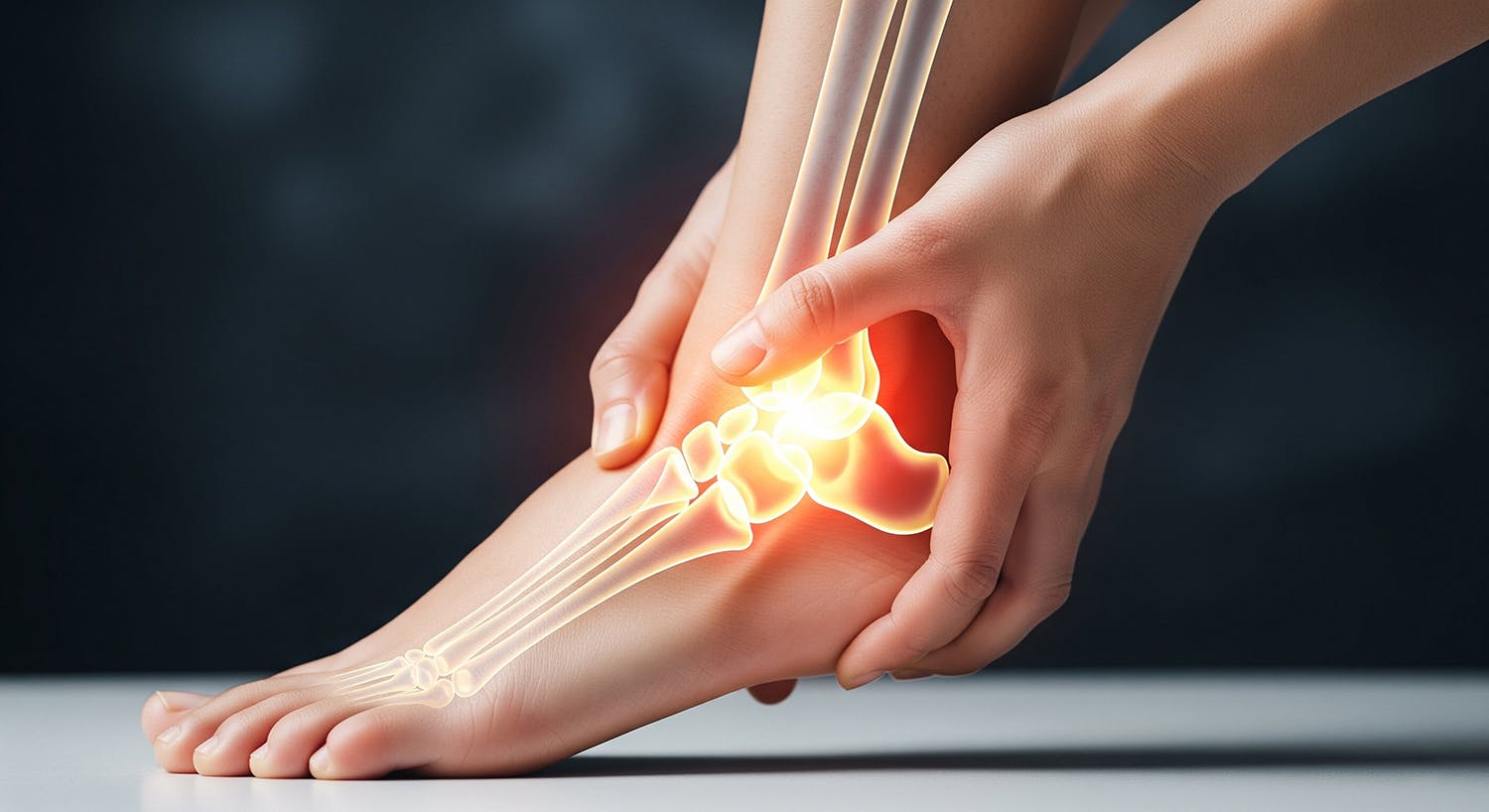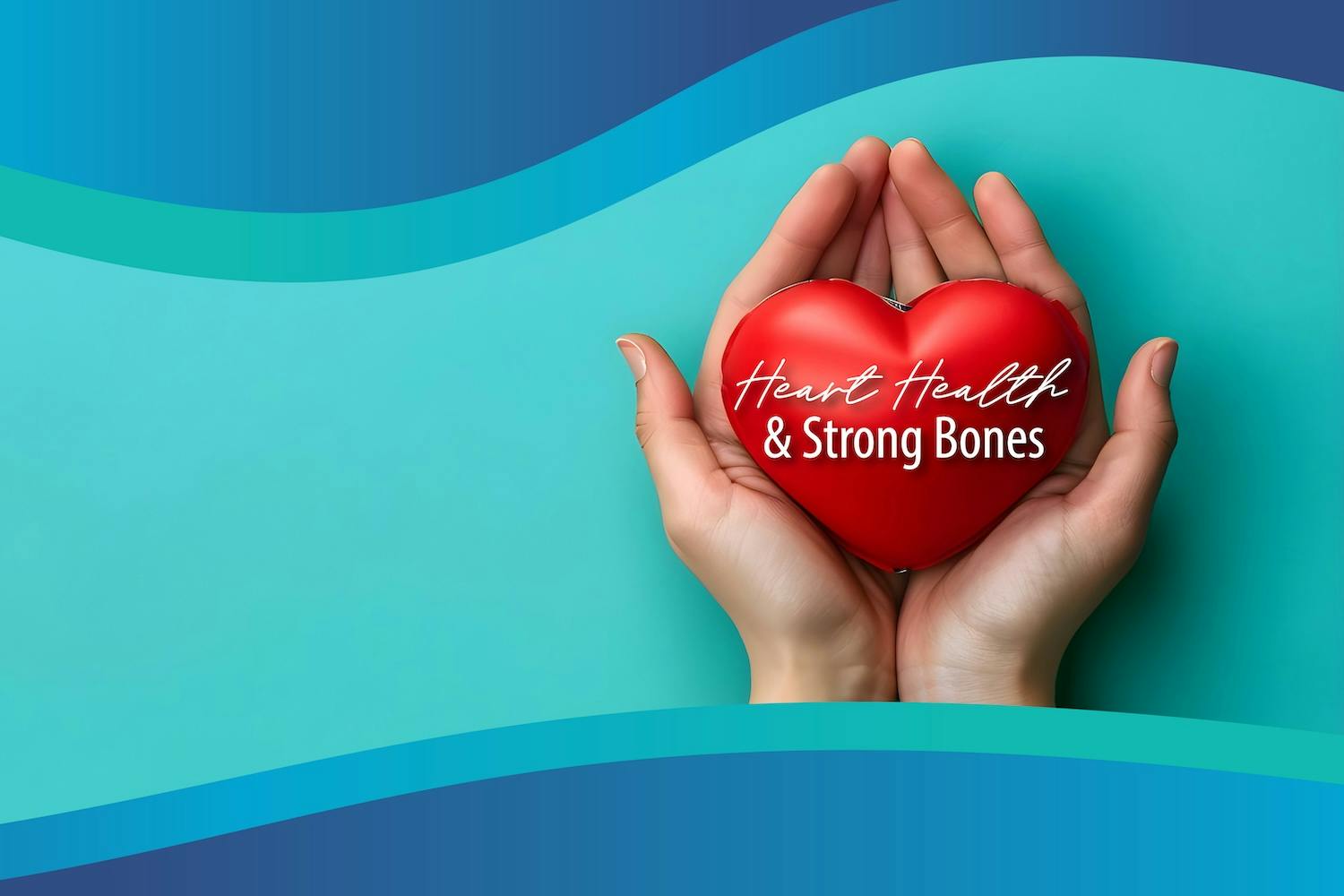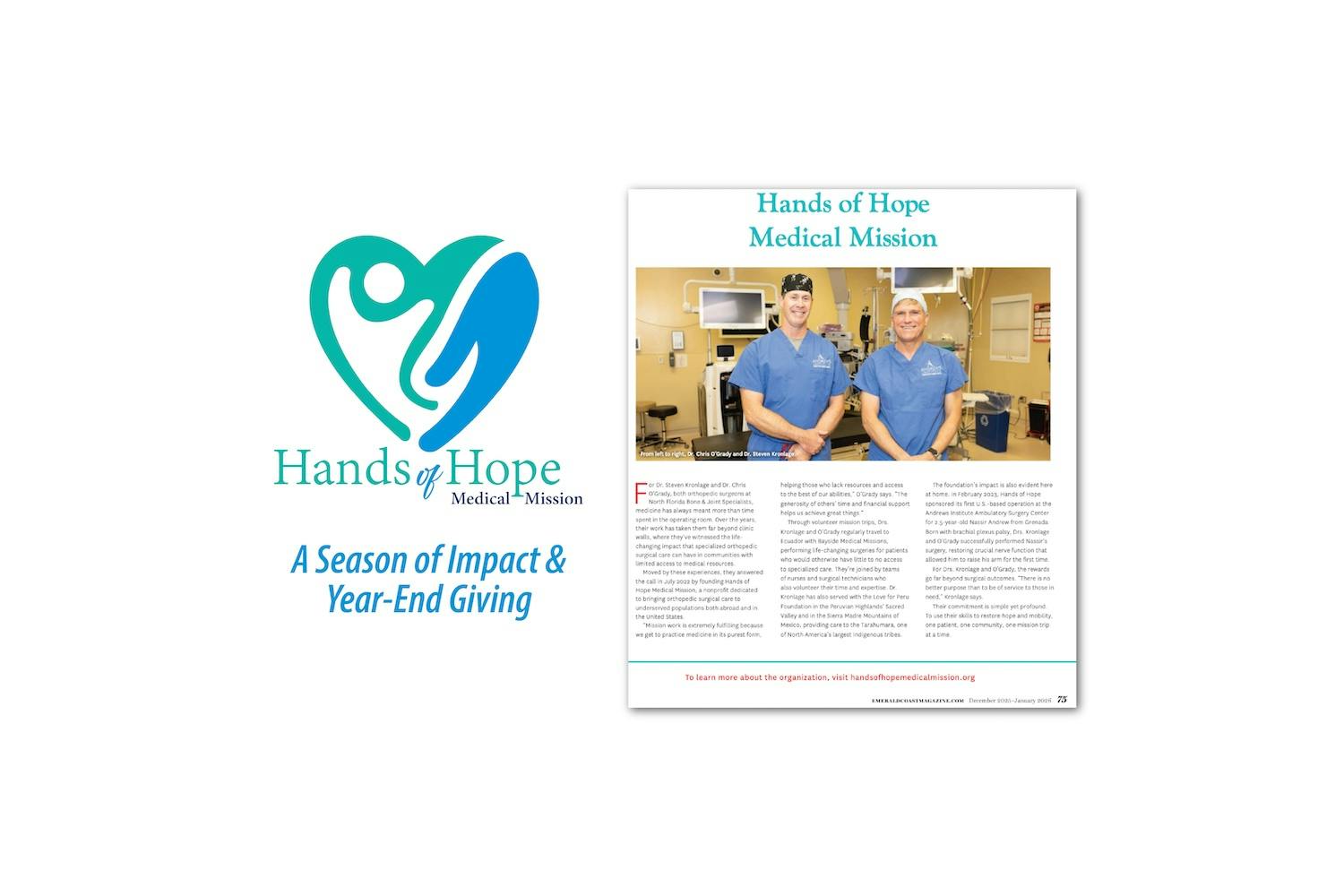- Blog
Diagnosing & Managing Arthritis
Posted on 02-27-2026 in Hand, Elbow, Wrist & Arthritis by Dr. Steven Kronlage

Posted on 02-27-2026 in Hand, Elbow, Wrist & Arthritis by Dr. Steven Kronlage
Arthritis represents a wide variety of joint inflammation diseases. Patients most often have chronic Arthritis in their wrists, hands, and fingers, experiencing flares of inflammation, soreness or stiffness affecting the joints. As we recently wrapped up Bone & Joint Action Week, this is an excellent opportunity to bring awareness to the most common categories of Arthritis, proactive methods for pain prevention and available treatment solutions.
There are three major categories of Arthritis:
While there is no cure for Arthritis, current treatments and increased understanding of managing the disease can significantly improve a patient’s quality of life. Treatment depends on the type of Arthritis and falls into two primary categories: non-surgical and surgical options.
Non-Surgical options for the treatment of Arthritis include:
Surgical treatment options could be recommended for long-term relief depending on the type and severity of the Arthritis and the patient’s physical condition. These include:
At North Florida Bone & Joint Specialists, our focus is to properly diagnose and provide symptomatic care to manage chronic pain and help improve your quality of life. If you currently suffer from a chronic arthritis condition or have experienced the types of pain outlined above, you may benefit from a consult with one of our fellowship-trained physicians at North Florida Bone & Joint Specialists. Dr. Steven Kronlage, Dr. Alex Coleman and Dr. James Piorkowski provide non-surgical treatment options and surgical intervention. Schedule same-day and next-day appointments in our Gulf Breeze and Pensacola locations by calling our office at 850-807-4200 or completing our online Appointment Request form.

If you’ve ever sprained your ankle and thought, “this isn’t a big deal…it’s a minor injury,” you’re not alone. Ankle sprains are among the most common musculoskeletal injuries, especially in active adults and athletes. However, for some patients, what begins as a simple sprain becomes a frustrating cycle in which the ankle feels weak, unstable, and prone to “rolling” again and again. Understanding why this happens is the first step toward breaking the cycle and restoring long-term stability.

February is American Heart Month, a time to raise awareness about cardiovascular health and its far-reaching effects. While most people recognize the importance of heart health for longevity and disease prevention, fewer realize its critical role in musculoskeletal well-being. At North Florida Bone & Joint Specialists, we emphasize a comprehensive approach to orthopaedic care, recognizing that a strong heart supports strong bones and joints.

North Florida Bone & Joint Specialists is honored to share the Hands of Hope Medical Mission feature in the newly released December 2025/January 2026 issue of Emerald Coast Magazine. As part of the Medical Profiles section of this edition, the article highlights how two of our own, Dr. Steven Kronlage and Dr. Chris O'Grady, volunteer their time and talents to bring compassionate orthopaedic care to communities with limited access to medical services.